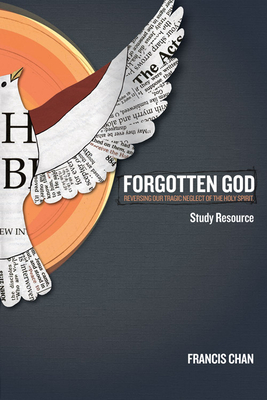
Author David Currie grew up convinced that one day all true Christians will suddenly be snatched up to heaven. The unfortunate souls left behind by this "rapture" will endure seven horrible years of tribulation, at the end of which Christ will return to earth for a glorious thousand-year reign.
Today, millions of Christians accept this end-times theology, assuming - as Currie did -- that the Bible clearly teaches it. Many plan their whole lives around it. But, after studying Scripture for decades, Currie has come to see that if you accept the Bible, you have to reject the rapture.
In these remarkable pages - which constitute the world's most careful and thorough scriptural study of the rapture - Currie demonstrates why. He considers all the relevant verses (and there are hundreds!) and examines them in the light of ancient history, the writings of the earliest Christians, and the claims of rapturist theologians. With painstaking thoroughness, he unlocks the meanings of the key biblical prophecies that culminate in Christ's Messianic Kingdom - including those verses in Daniel, Matthew, and Revelation that rapturists turn to most.
Marshalling evidence that's as startling as it is compelling, Currie argues that these prophecies of war and tribulation don't point to some still-unrealized apocalyptic future. Rather, most of them were fulfilled long ago: the spiritual, priestly Kingdom prefigured in the Old Testament was inaugurated on Calvary, consummated in 70 A.D. with the destruction of the Temple, and continues to exist today . . . in the Catholic Church! That may surprise you. Yet, shows Currie, it's the only conclusion that fits all the scriptural and historical evidence.
Rapture: The End-Times Error That Leaves the Bible Behind makes Scripture, prophecy, and history come alive; and it demonstrates that if you open your Bible, you'll find that God's plan for the future of the world is not filled with darkness and disaster, but with light, mercy, and hope.
"We can all learn much from David Currie, not only from what he says, which is wise, but from how he says it, which is Catholic and Christian." From the Foreword by Scott Hahn.
Special features:
- Over 1,300 references to Scripture, the early Church Fathers, authors and events in ancient history, and contemporary rapturist theologians
- Ten detailed timelines relating biblical prophecy to key historical events
- The biblical case for the rapture (showing why so many accept it)
- A survey of the thoughts of the early Church Fathers about the end-times
- A history of the development of rapturist theories, showing how this heresy has been refuted time and again by the Church
- A short course in the proper methods of reading Scripture
- A survey of end-times hypotheses from the first century through 9/11/2001
- Nine ground rules you must follow if you are to make sense of biblical prophecy and relate it to salvation history
- A 10-page annotated bibliography of rapturist sources ancient and new
- Plus, much more to help you understand and evaluate the claims of rapturists
Among the sources cited:
Julius Africanus - St. Athanasius - St. Augustine - Pope Benedict XV - Andreas of Cappadocia - St. Clement of Alexandria - G. K. Chesterton - St. John Chrysostom - St. Clement of Rome - St. Cyril of Jerusalem - St. Epiphanius of Salamis - Josémaria Escriva - Catechism of the Catholic Church - Dei Verbum - Enchiridion Symbolorum - Eusebius - St. Hippolytus of Rome - St. Ignatius of Antioch - St. Irenaeus - St. Jerome - Flavius Josephus - St. Justin Martyr - Tim LaHaye - Pope Leo XIII - C. S. Lewis - Hal Lindsey - Lumen Gentium - Origen - Blaise Pascal - Pope St. Pius X - Pope Pius XII - Bertrand Russell - St. Polycarp - St. Thomas Aquinas - St. Sulpicius Severus - Tacitus - Tertullian - Victorinus







